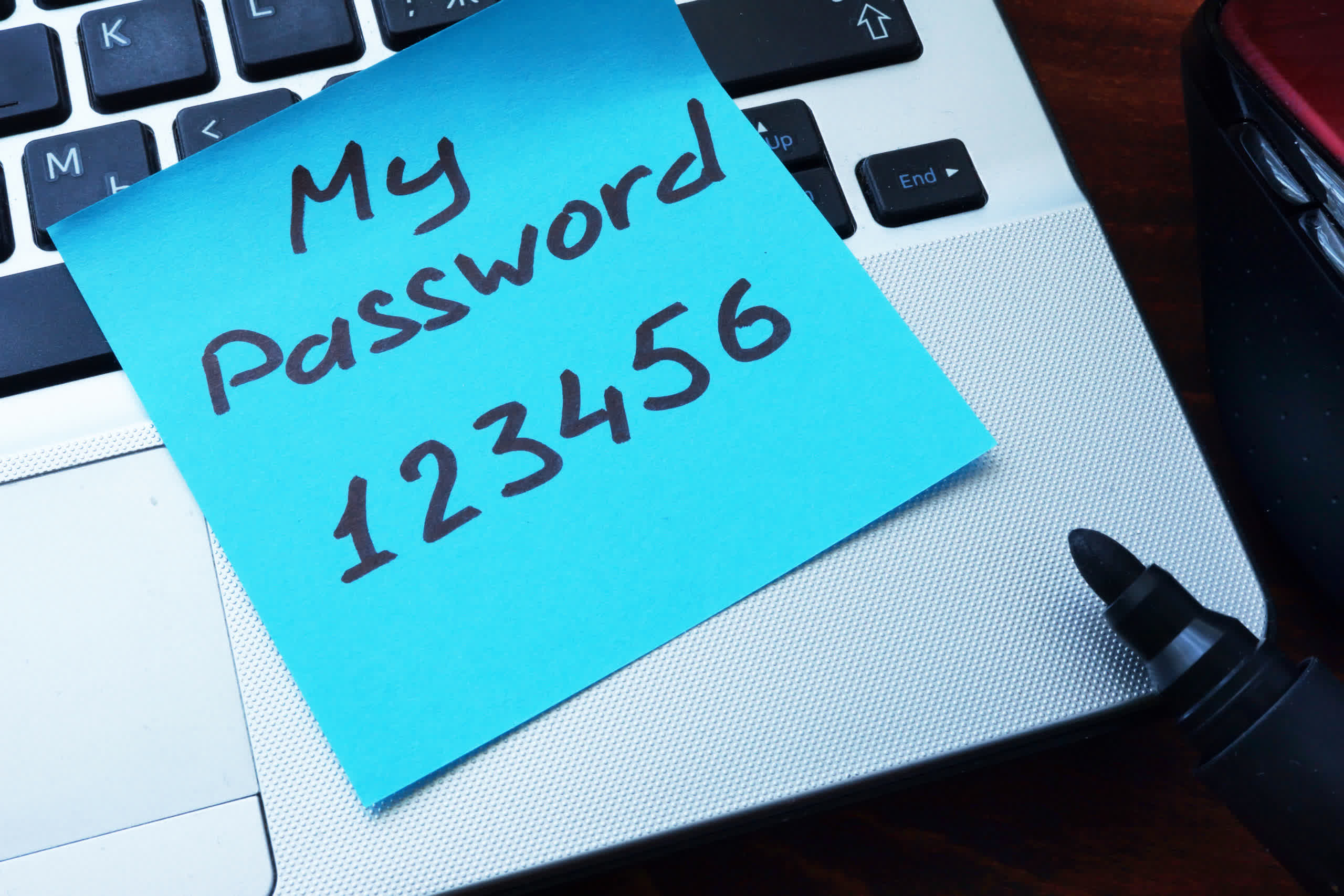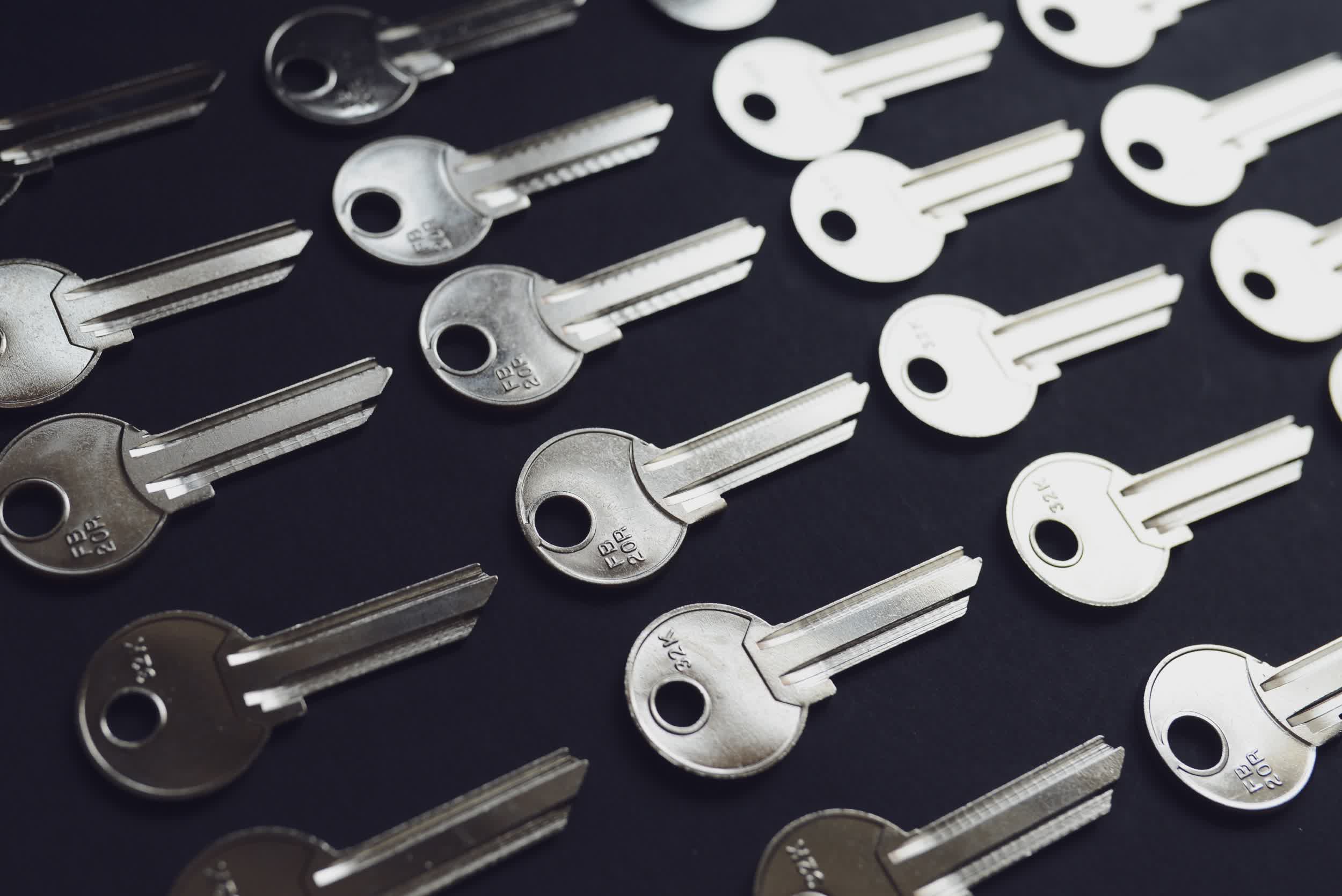Facepalm: NordPass has published the 2021 edition of its most common passwords list and to the surprise of absolutely nobody, it’s essentially a rehash of last year’s list. In other words, lots of people are still using incredibly weak and common passwords that can be cracked with ease.

The password management service has compiled a list of the top 200 most common passwords based on its research. The list details the password itself, how long it would take to crack it and how many times it appeared in their research.
If you guessed that the most common password was “123456,” give yourself a pat on the back. This incredibly common password appeared more than 103 million times in NordPass’ research and would take less than one second to crack. In fact, every password in the top 10 and all but one in the top 50 can be cracked in less than one second.
Passwords two through five include “123456789,” “12345,” “qwerty,” and “password,” in that order.

On the opposite end of the spectrum, “1g2w3e4r,” “gwerty123,” ”myspace1,” and “michelle” all tied for the toughest passwords on the list with a crack time of three hours.
NordPass also identified the countries most affected by data leaks, with the US, Chile, Australia, New Zealand, Russia, France, Italy and Germany leading the pack, among others.
If you haven’t yet made the switch to a password manager, now is as good a time as any to do so. 1Password recently launched a new version of its manager for Windows, but that’s just one option in a field of many to choose from.
https://www.techspot.com/news/92274-most-common-passwords-2021-outright-embarrassing.html
